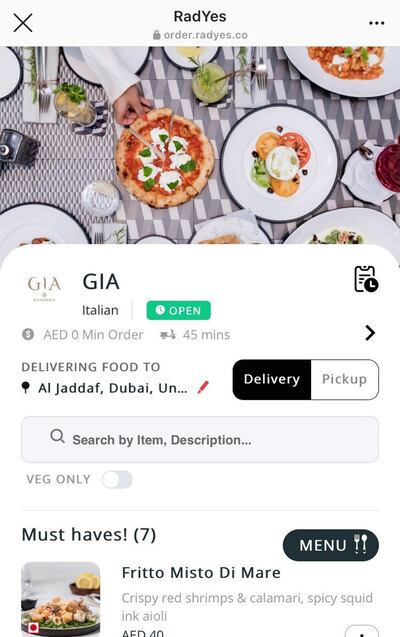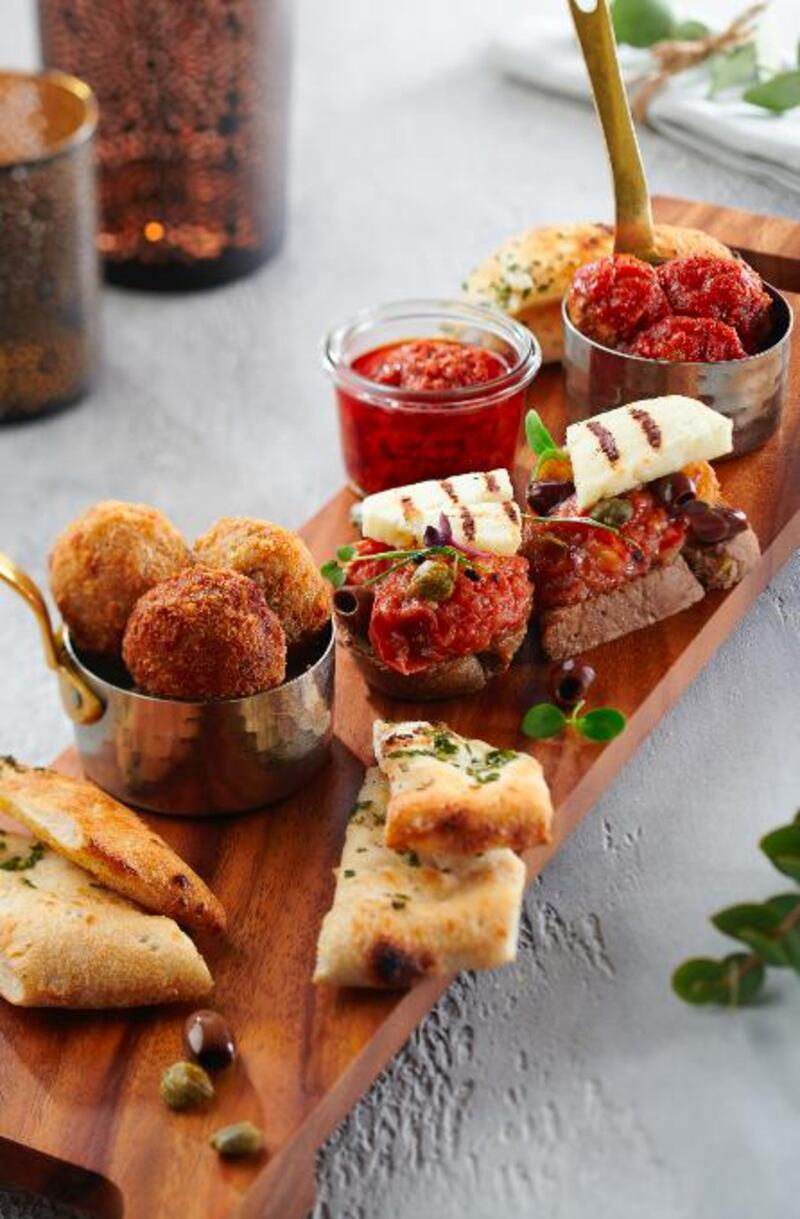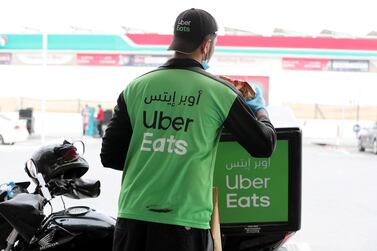Coming across an enticing dish on social media can easily incite those food cravings – which is why it's a good thing one UAE entrepreneur started a platform to help residents order directly from the source.
What is RadYes?
RadYes is a home-grown platform that describes itself as an "end-to-end ecosystem". That is, it provides restaurants with all the tools they need to sell their fare through their online platforms – be it social media, WhatsApp or a website.
It does this by creating an online menu where orders can be placed and providing restaurants with a link that can be embedded into their various channels. Restaurants then have the option of delivering food using their own drivers or partnering up with RadYes’s third-party logistics companies – therefore entirely cutting out middlemen or third-party aggregators.
Chief executive Mani Prakash, who has more than 15 years of experience across fields such as product development, investment banking and business set-up, started the company in January this year – before the coronavirus pandemic really affected the industry – as he had foreseen an "over-dependence on aggregators in the region."
"We’ve seen an increase in commissions from aggregators over the years, which led to a reduction in the bottom line for restaurants. This has left local food and beverage companies squeezed as they have other costs like salaries and rent, and the margins in the industry are not that high," he explains.
The need for the service during the Covid-19 crisis
The situation grew more dire as restaurants stopped allowing customers to dine in during much of April because of the pandemic, and were forced to rely on aggregators for their revenue. As venues looked for alternative ways to reach their customers, RadYes started to become a go-to service. It has already had more than 250 restaurants across Dubai, Abu Dhabi, Sharjah and Ajman sign up for the subscription service – what Prakash describes as a 900 per cent month-on-month jump in merchant sign-ups. And it’s continuing to experience exponential growth.

"Covid-19 has completely redefined everything we knew or expected," he says. "We had already had a great response from the restaurant community, but it fast-tracked our launch, product roll-outs, marketing efforts. I think there is great scope for any product today that fits in the new normal – videoconferencing, social media and grocery apps – all have seen exponential growth as they help people navigate through these tough times."
Reaction from the local community
Prakash also credits its growth to people's love for social media. "More customers are now using it to discover eateries, but they have to switch platforms to place an order. We realised we could use this massive user base to benefit restaurants."
RadYes charges its restaurants a subscription fee of Dh99 per month for its services, which includes developing the restaurant's online menu. This works out cheaper than enlisting third-party aggregators that have been known to charge commissions as high as 35 per cent per order, while asking restaurants to pay annual fees and offer weekly discounts. It also gives restaurants more control of their sales, but provides them access to customers' information.

Tania Tulsi and Shreya Kanchan, the partners behind Via Delhi, one of the first merchants to sign up when the platform was launched in January, say that they prefer it over other third-party aggregators. "It’s easy to use, it doesn’t charge commissions and it's easy for small restaurants to incorporate," Tulsi says.
“The only issue is that it is still not very well known, which is why the orders we receive through it are relatively less as of now. I think once people are more aware of it and get used to it, it will be perfect."
Meanwhile, bigger players have also signed up to the service. Alabbar Enterprises, which is behind 14 food and drinks companies in the region, including Karak House and Gia, is one example.
“Most of our businesses have been in malls, so we’ve had to pivot away from tourism and more into the residential sector – and that’s where RadYes really helped us connect with customers,” says Tyrone Reid, chief executive of Alabbar Enterprises. “It’s given us a big push and been really successful. Just yesterday, we had more than 50 cakes ordered from Two Cafe – almost all through WhatsApp and RadYes. Of course, in the case of RadYes, we have to do much of our own marketing, but who better to market your brand than yourself?”
That said, Reid does not discount the usefulness of using third-party aggregators – which he says allow his brand to be part of a larger network. As a bigger company, though, Alabbar has also been able to negotiate better rates with aggregators.
“As a relatively well-known company, if we can work with an up-and-coming business, that’s our preference. I’m not anti-aggregator; it’s more about levelling the playing field. I think there’s a way for us all to work together.”








